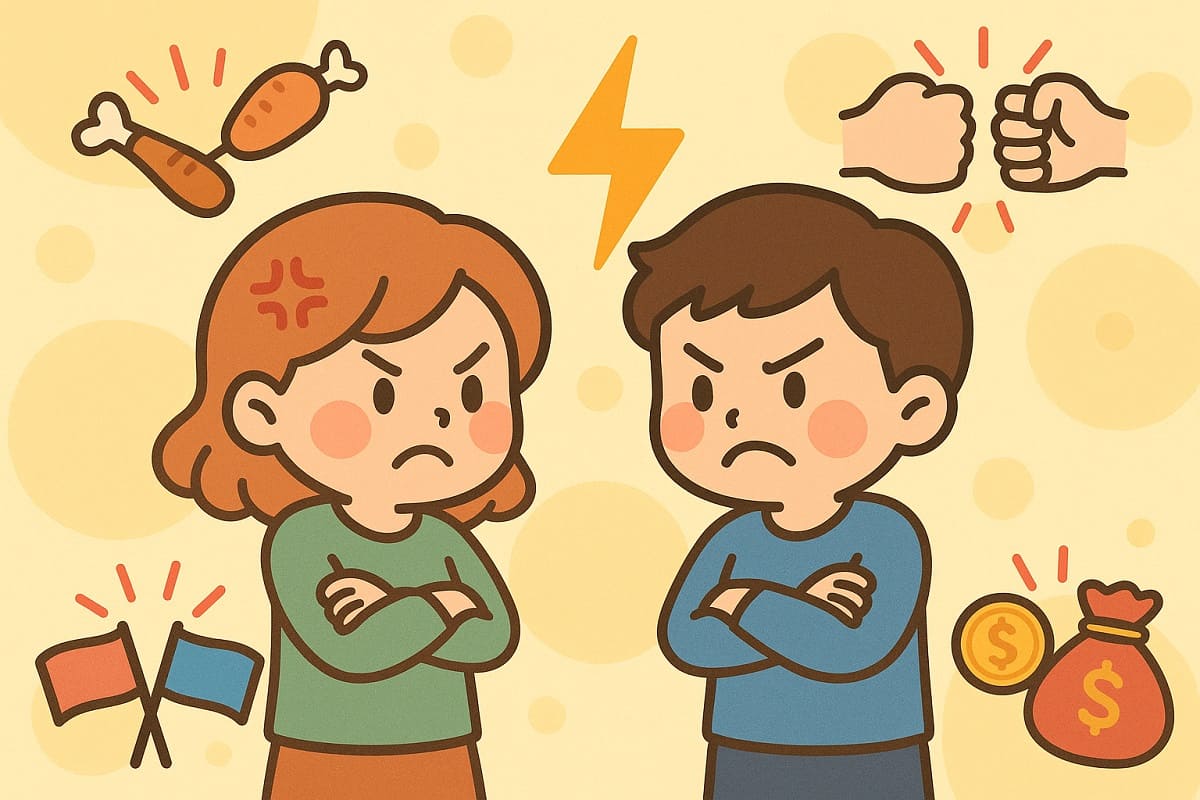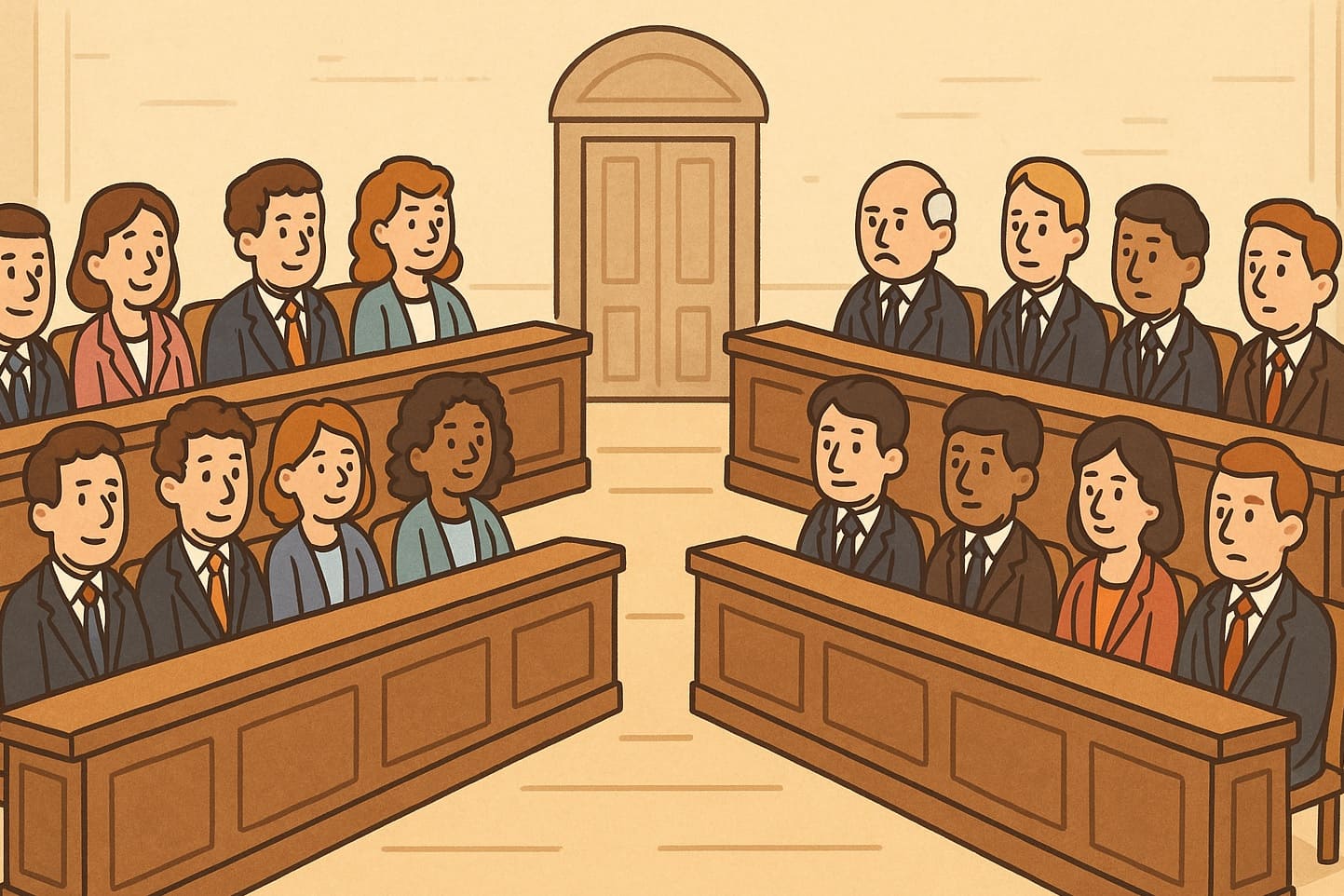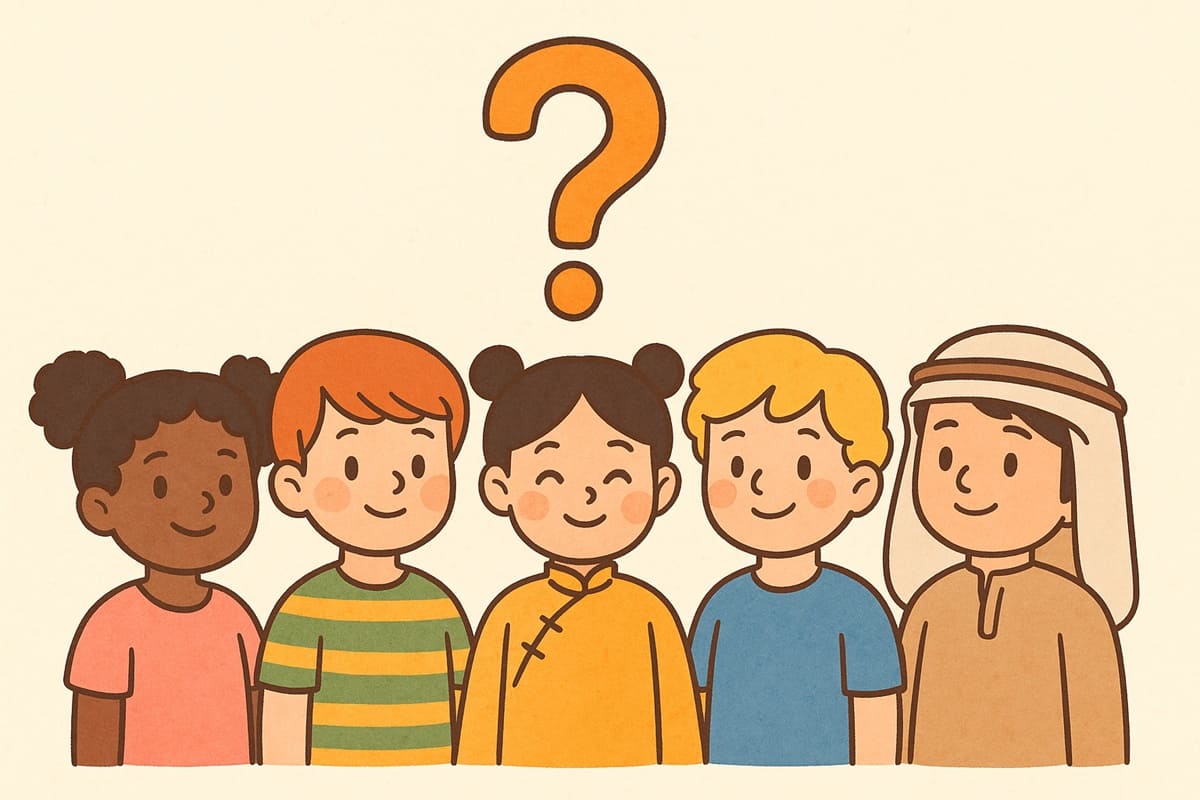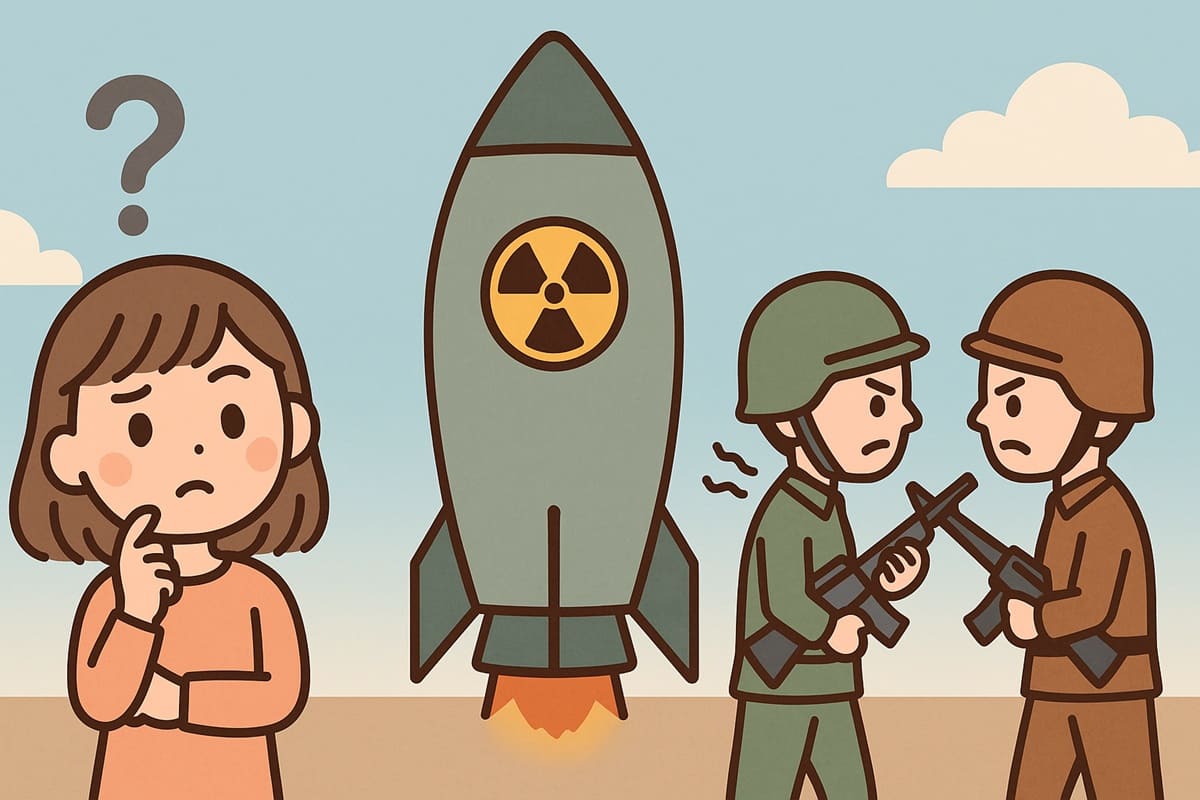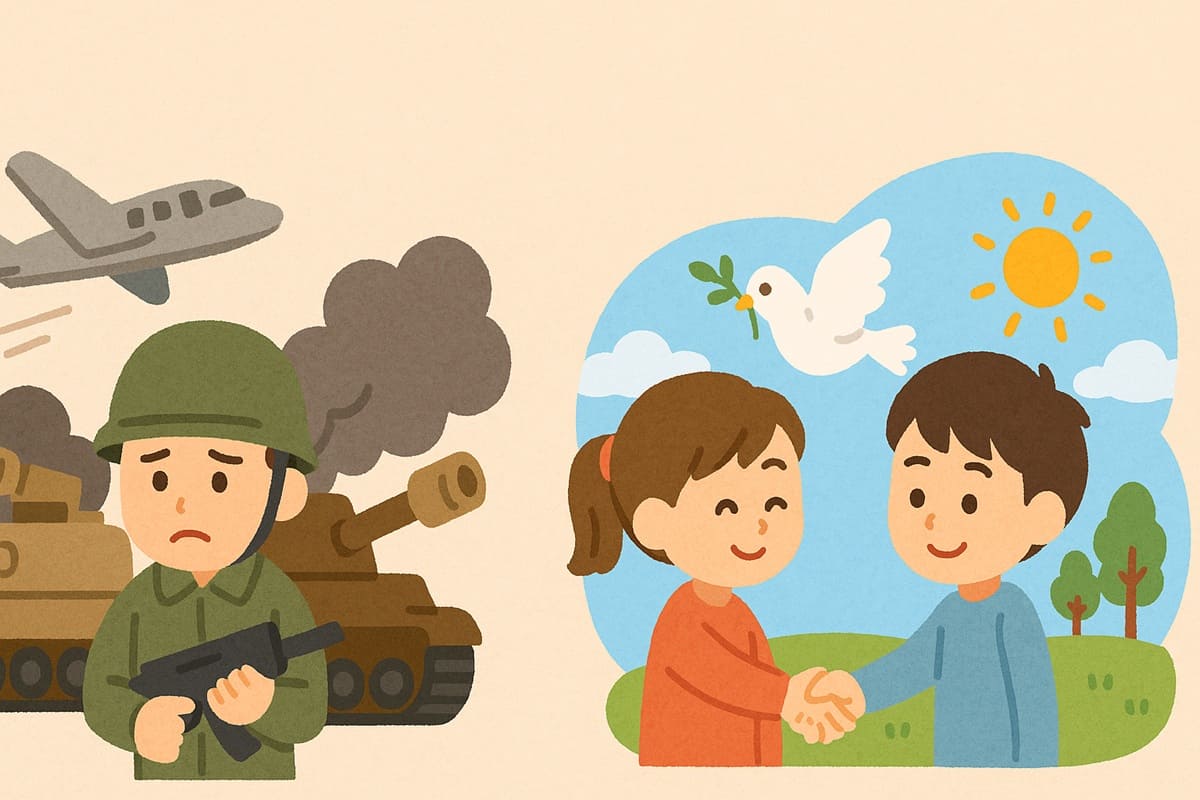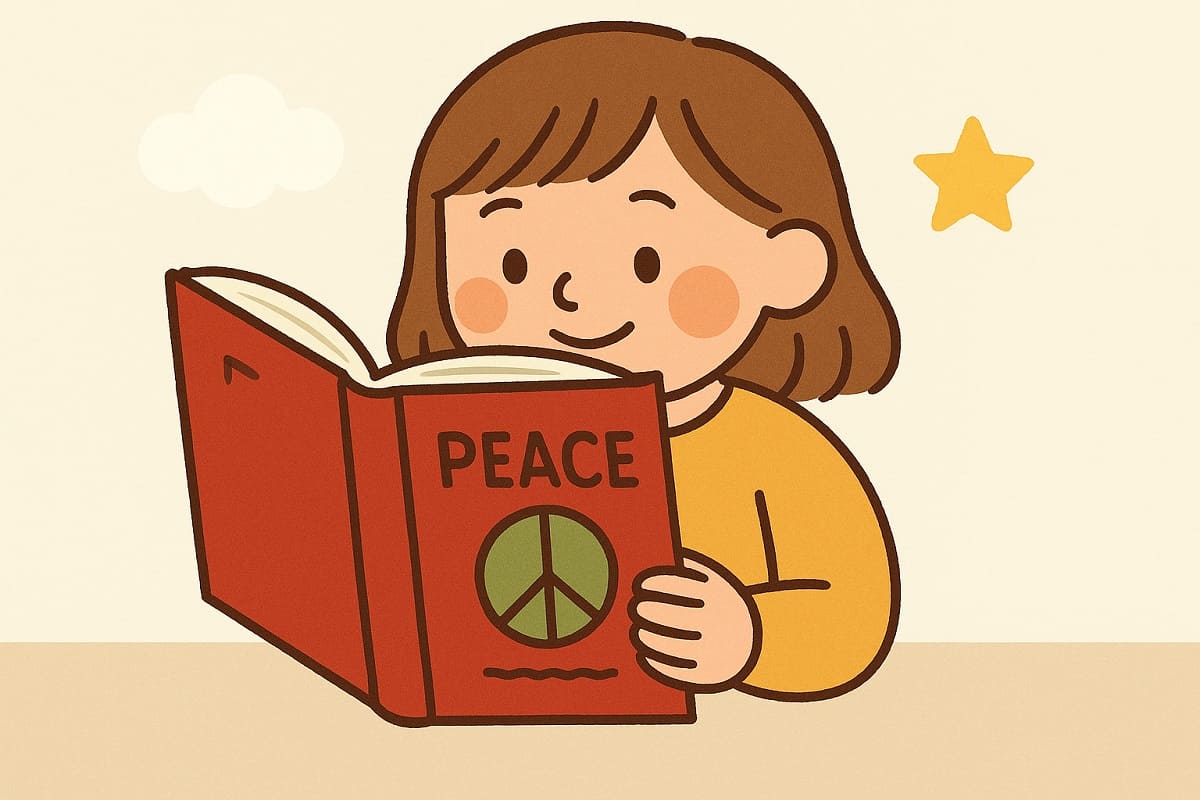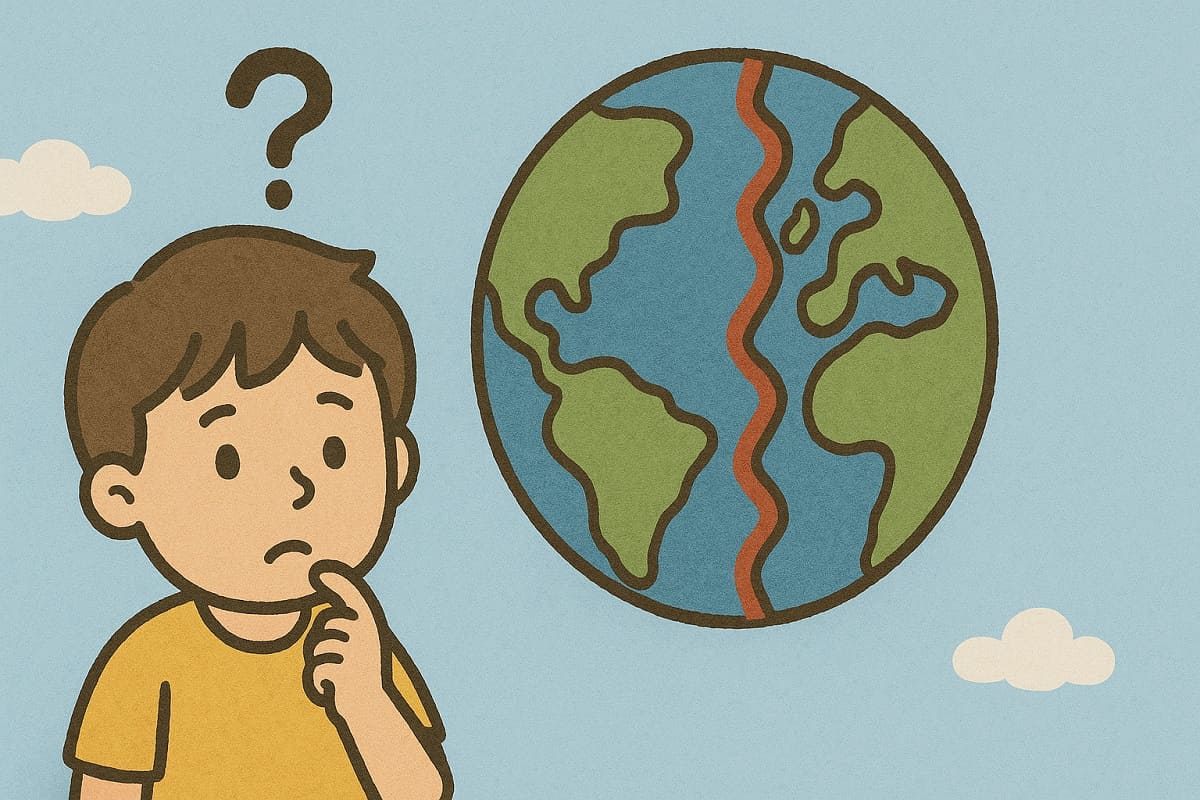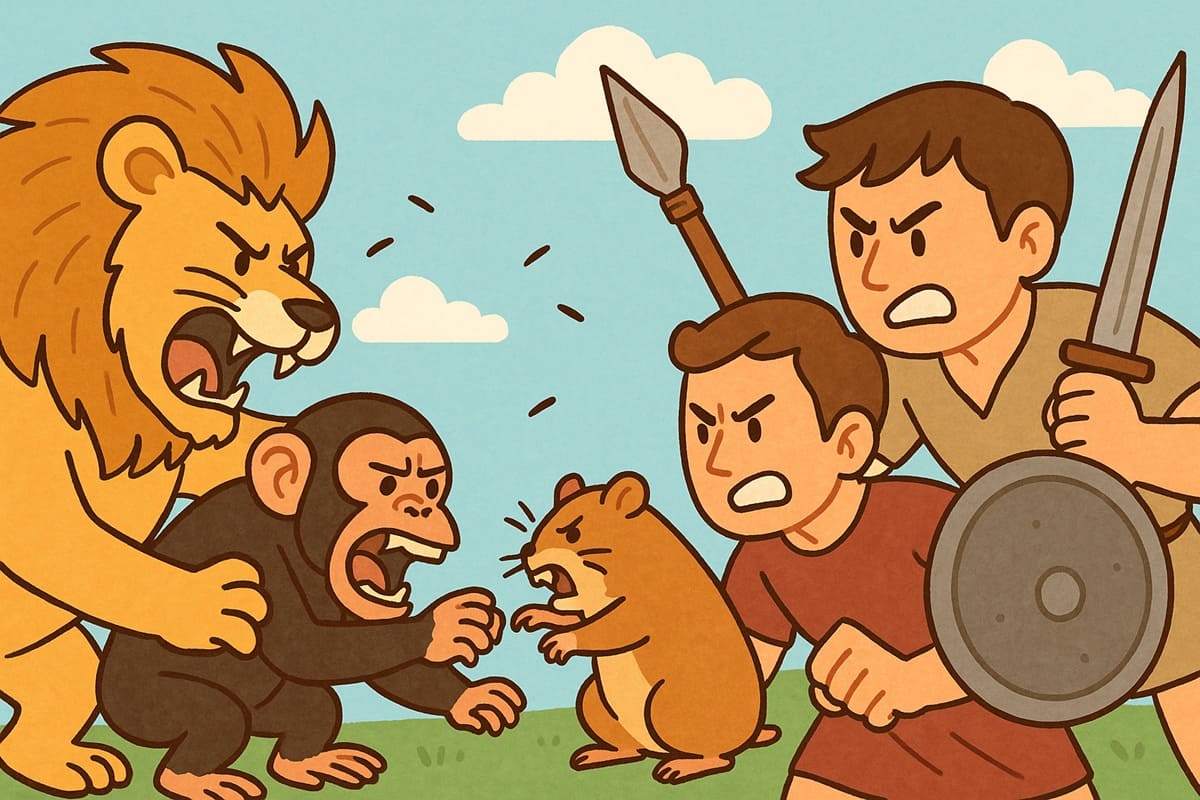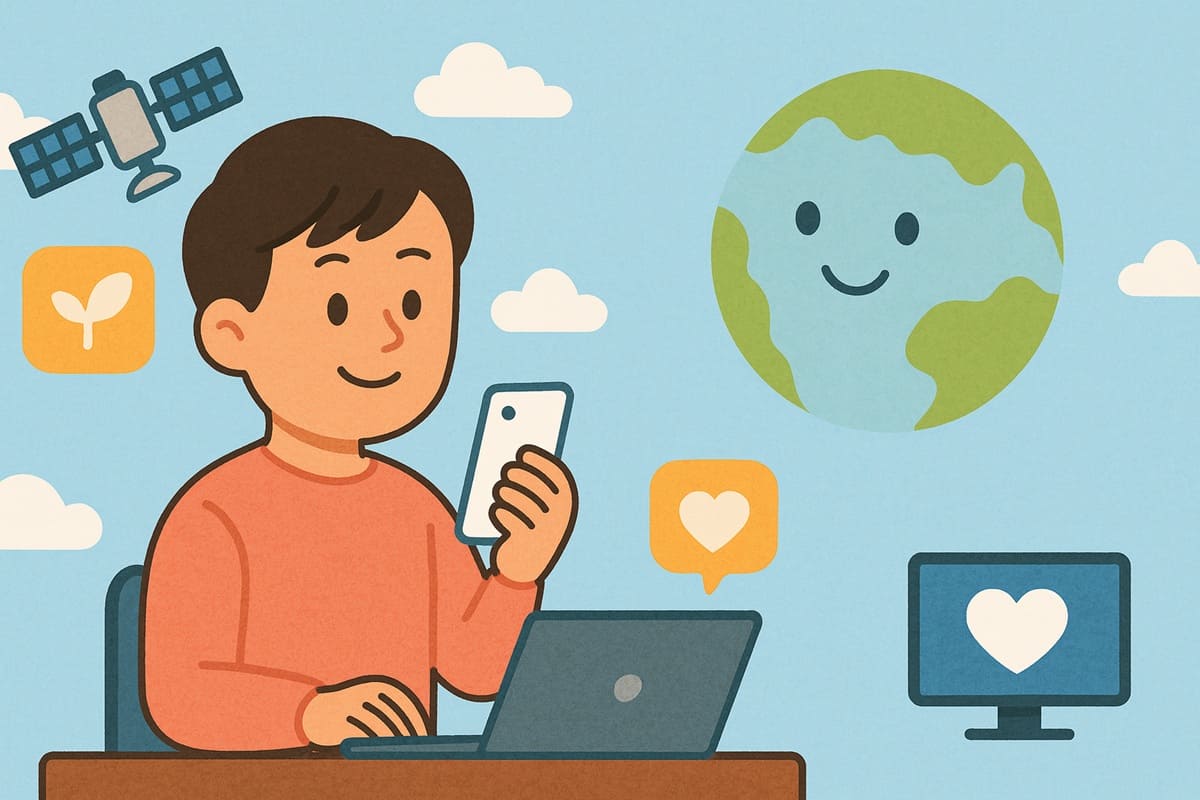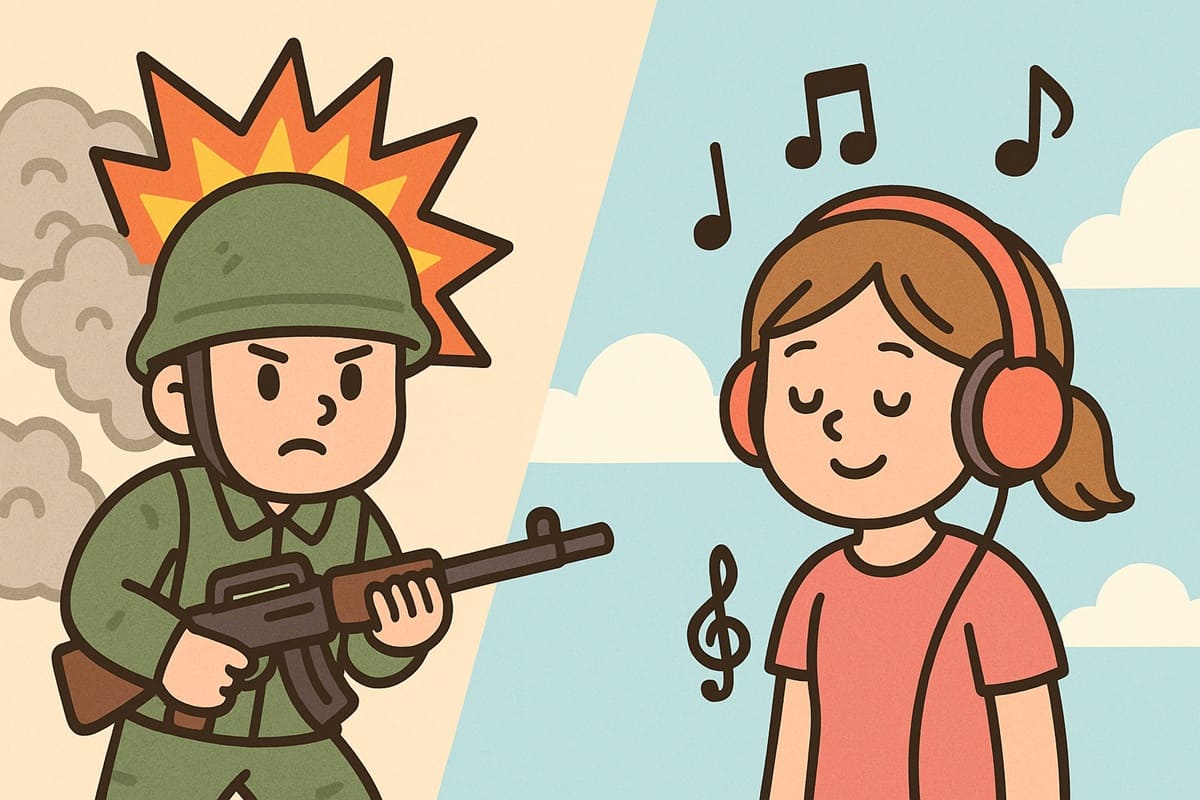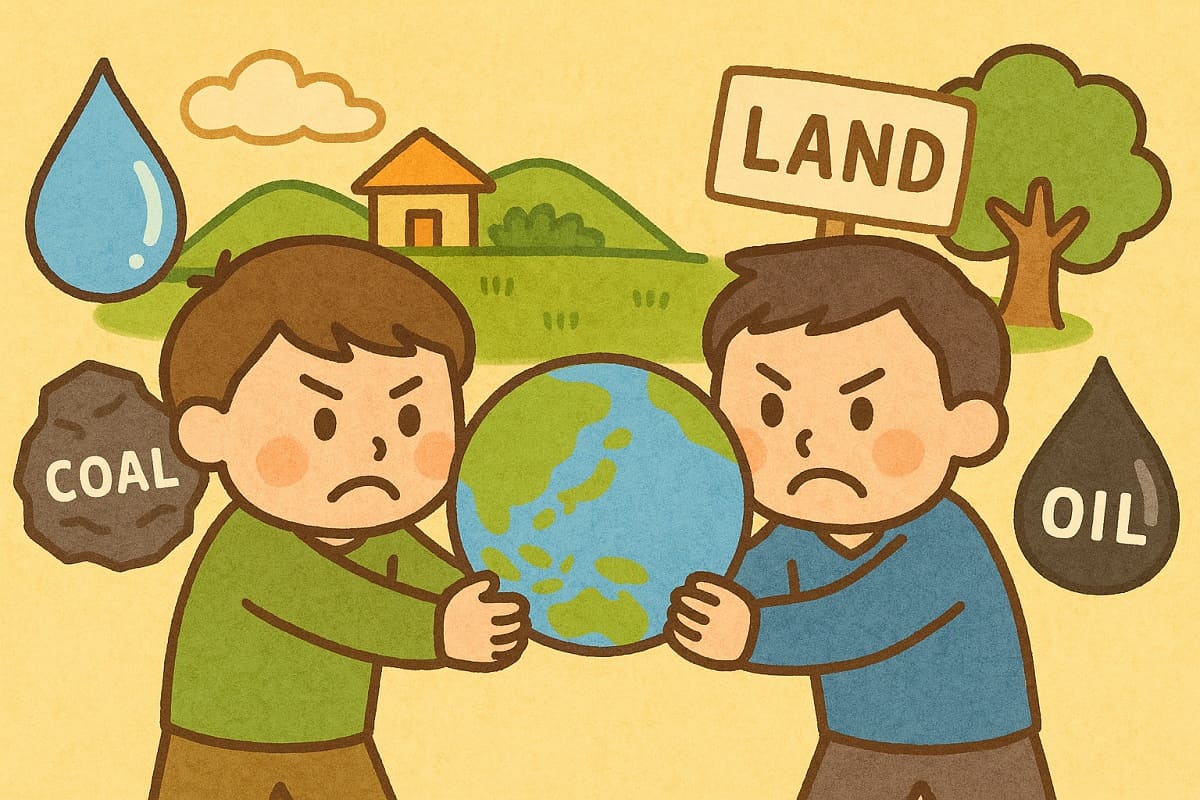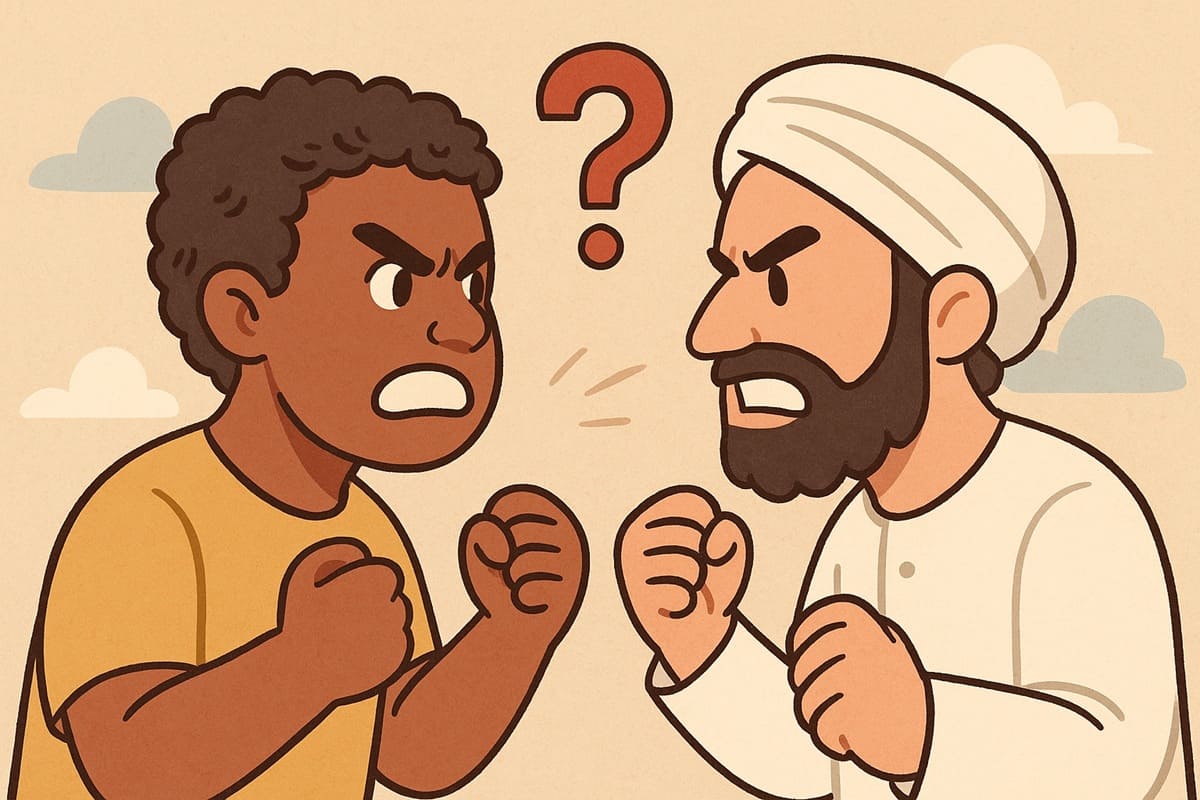Can AI Be Used for Peace? Let AI Help You Reclaim Mental Energy
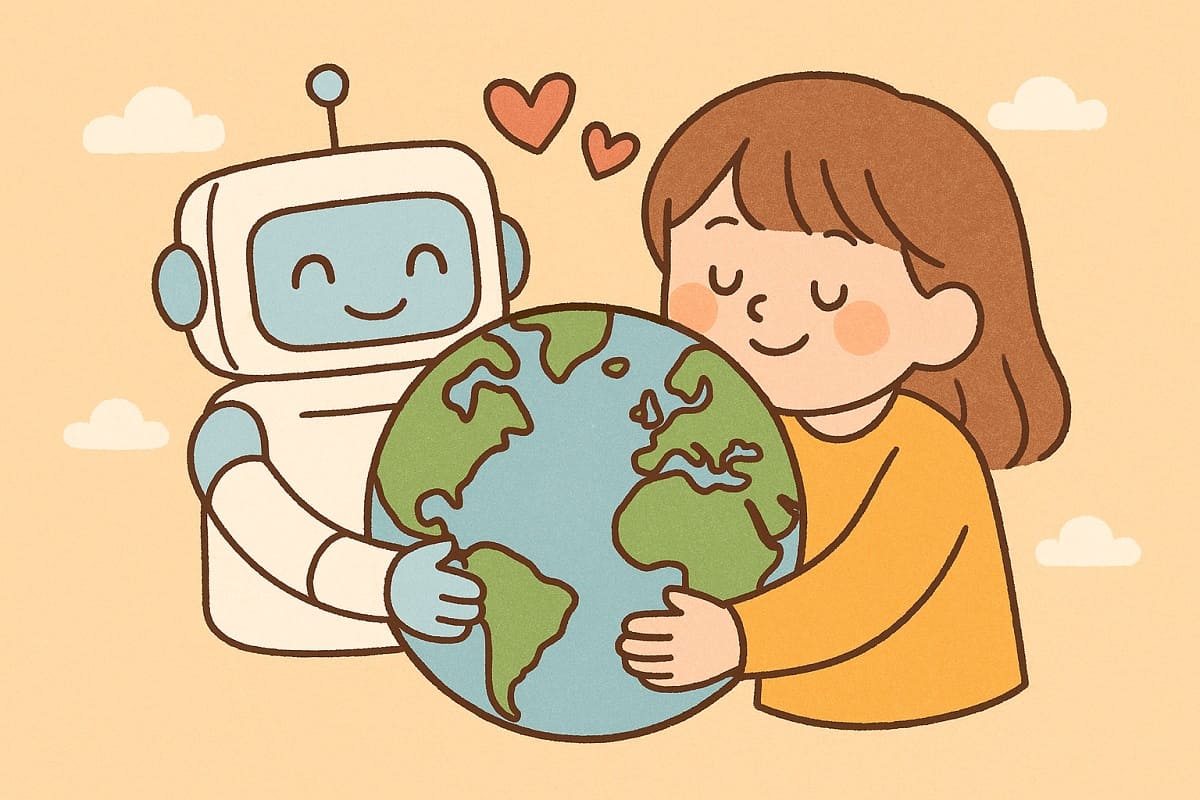
“If only I had more mental space, I wouldn’t have snapped at them…”
Have you ever thought that way?
A small misunderstanding with a friend, school-related stress, arguments on social media…
Behind many of our angry outbursts, sadness, or conflicts may lie a common cause: a lack of mental energy.
In psychology, this mental energy is known as “cognitive resources.”
And today, we live in a time when AI (Artificial Intelligence) can help support these resources.
In this article, we’ll explore what cognitive resources are, why lacking them makes conflict more likely, and how AI can help us recover our mental energy—and build a more peaceful society in the process.
What Are Cognitive Resources? The Energy Behind Our Minds
Cognitive resources are like the mental fuel we use when thinking and making decisions.
Have you ever felt exhausted after solving a difficult problem or found yourself getting easily irritated when you’re busy?
That’s a sign that your cognitive resources are running low—your brain has been working overtime.
The human brain isn’t great at handling many tasks at once.
When we try to juggle too much, it becomes overwhelming.
And when our mental energy runs out, it becomes harder to think deeply, we become more prone to anger, and we’re more likely to make poor decisions.
In other words, a loss of mental space can be traced back to depleted cognitive resources.
What Happens When We Run Low on Cognitive Resources?
When our mental energy is depleted, the following issues often arise:
1. Increased Decision Errors
A study in Israel found that parole judges were much more likely to approve parole in the morning than in the afternoon.
As the day went on, and their mental resources diminished, they made fewer approvals—regardless of case content.
This suggests that when people are mentally tired, they find it harder to evaluate complex information and tend to make the easier, default decision, such as denying parole, rather than thinking deeply.
2. Becoming More Easily Angered
When we’re tired or overwhelmed, even small things can irritate us.
Experiments have shown that people with lower cognitive resources tend to overreact to minor provocations, lashing out more easily.
3. Decreased Empathy
It takes energy to put ourselves in someone else’s shoes or feel what they’re feeling.
But when we’re mentally drained, we’re more likely to think, “I don’t have the capacity to care right now.”
Research shows that many people find empathy “exhausting” and tend to avoid it when they’re tired.
Why Do Conflicts Happen?
Conflicts don’t arise simply because of differences in opinion.
They happen because of how we react to those differences.
If you have enough cognitive resources—enough mental energy to listen calmly and think clearly—even disagreements can be resolved peacefully.
But if you’re feeling drained, you might start to see the other person as “the enemy,” or stubbornly insist that you’re right.
Research has shown that leaders who start wars tend to think more rigidly, preferring black-and-white thinking, compared to leaders who resolve conflicts peacefully.
This is a typical mental pattern when cognitive resources are lacking.
Can AI Help Us Reclaim Our Mental Space?
This is where AI (Artificial Intelligence) comes in.
AI is great at processing huge amounts of information quickly.
In that way, it acts like a “supporter” who helps our brain before we get too tired.
Here’s how AI can assist:
1. AI Supports Our Memory
Reminders, calendars, and search tools on smartphones are powered by AI.
These tools take over the task of “remembering,” so we can focus our mental energy on other things.
2. AI Organizes Information
The internet is overflowing with information, and it’s often hard to tell what’s accurate.
AI helps by picking out relevant and trustworthy information, sparing us the mental burden of sorting through it ourselves.
3. AI Makes Complex Things Easier to Understand
Trying to work through a complicated issue on your own can be mentally exhausting.
But with AI, you can get help organizing your thoughts and even receive suggestions based on data.
Nowadays, AI chatbots like ChatGPT are used to assist with studying and work-related tasks.
4. AI Listens to Your Worries
AI can also act as someone you “talk to” when no one else is around.
When you’re angry or upset, instead of immediately lashing out at someone, talking to AI can help you cool down and process your emotions first.
By venting to AI, you may realize:
- “What am I really upset about?”
- “Is there a better way to explain how I feel?”
In this way, AI acts as a mental buffer, helping you reflect before conflict escalates.
Can We Use AI for Peace?
Of course, AI won’t magically create world peace.
But it can help us regain our mental space, making it easier to stay calm, think clearly, and act with kindness.
◎ Gaining Mental Space Before Conflict Happens
If AI helps us with time-consuming tasks, we have more bandwidth left for empathy, patience, and understanding.
This extra space may keep us from snapping at others over small misunderstandings.
◎ Acting as a “Cushion” When Emotions Run High
When you disagree with someone, AI can help you sort out your feelings before you say something you might regret.
This can prevent conflicts from escalating.
◎ Reducing Bias and Misinformation
On social media, we tend to surround ourselves with similar opinions.
AI, however, can present multiple perspectives and factual information, making it easier for us to understand others without falling into prejudice or groupthink.
Conclusion
When humans are mentally exhausted, we’re more likely to fight.
But now, we have AI—a new kind of tool—to help us restore our mental balance.
AI is not a magic fix, but depending on how we use it, it has the power to help us become kinder, more thoughtful people.
If more people start using AI to stay calm, imagine things like this:
- Thinking clearly instead of reacting impulsively
- Imagining how someone else might feel
- Choosing understanding over unnecessary anger
Then even small disagreements might be solved peacefully, before they turn into bigger conflicts.
AI won’t solve everything, but by using it wisely, we can create a world where people think before they fight.
That’s a big step toward peace.
Main References
- Iwasaki, S. (2023). Ninchishigen ga heru to tsukareru to iu hanashi [When your cognitive resources decline, you feel exhausted]. Future Web Magazine, Tokyo Future University.
- Danziger, S., Levav, J., & Avnaim-Pesso, L. (2011). Extraneous factors in judicial decisions. Proceedings of the National Academy of Sciences, 108(17), 6889–6892.
- Cameron, C. D., Hutcherson, C. A., Ferguson, A. M., Scheffer, J. A., Hadjiandreou, E., & Inzlicht, M. (2019). Empathy is hard work: People choose to avoid empathy because of its cognitive costs. Journal of Experimental Psychology: General, 148(6), 962–976.
- Grinschgl, S., & Neubauer, A. C. (2022). Supporting cognition with modern technology: Distributed cognition today and in an AI-enhanced future. Frontiers in Artificial Intelligence, 5, 908261.
- Young, A. (2023). How to Reduce Cognitive Load With AI. Productivity Guide by Reclaim AI.
